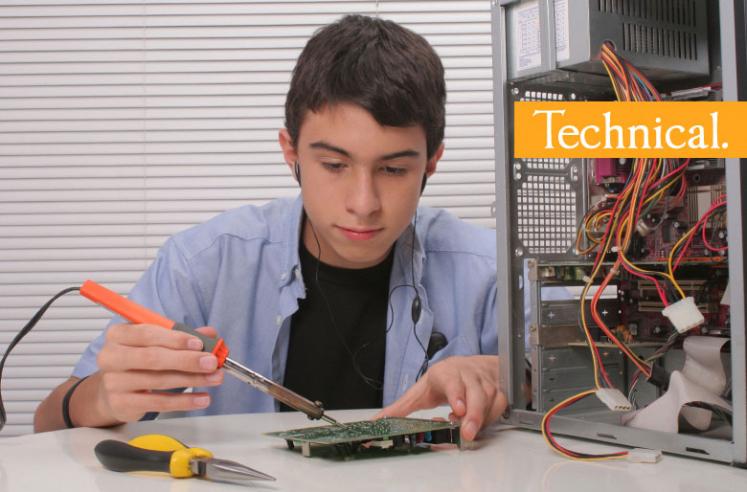Lucia Tyler, Ph.D
The transition from high school to college can be quite tricky for students with learning differences. For many students in this category, mom has been the personal assistant, advocate, and coach over many years. Sometimes, students don’t even realize and appreciate all that mom is doing for them. In addition, public school systems are required to provide meaningful assistance, through the teaching and administrative staff to these students, through IEP and 504 plans. All of this support goes away in college and is replaced by a system where the student must know their own needs and then advocate for them with staff and faculty.
Self knowledge is especially important to students entering college. If they do not understand what their learning difference means; it can be helpful to sit down with the family psychologist or school professional to discuss this. It is also important to keep track of strategies that have worked in the learning environment.
In the transition, families must encourage their student to become more independent and learn how to do things for themselves. Most families start with one area, like keeping a calendar and teach their child about making appointments and following up. The learning process can take time, especially with all of the organizational tools out there. When asked how they keep track of homework, deadlines, and appointments many students reply “ I keep it all in my head”. This is not a good strategy for students who have executive function problems or issues with ADD.
Sometimes, students may benefit from attending a summer camp or program where they have a chance to try functioning on their own without the pressures of school. Some colleges, like Landmark College, that specialize in teaching students with learning differences, have transitional summer programs to help students gear up for the college academic experience.
The transition from high school to college can be quite tricky for students with learning differences. For many students in this category, mom has been the personal assistant, advocate, and coach over many years. Sometimes, students don’t even realize and appreciate all that mom is doing for them. In addition, public school systems are required to provide meaningful assistance, through the teaching and administrative staff to these students, through IEP and 504 plans. All of this support goes away in college and is replaced by a system where the student must know their own needs and then advocate for them with staff and faculty.
Self knowledge is especially important to students entering college. If they do not understand what their learning difference means; it can be helpful to sit down with the family psychologist or school professional to discuss this. It is also important to keep track of strategies that have worked in the learning environment.
In the transition, families must encourage their student to become more independent and learn how to do things for themselves. Most families start with one area, like keeping a calendar and teach their child about making appointments and following up. The learning process can take time, especially with all of the organizational tools out there. When asked how they keep track of homework, deadlines, and appointments many students reply “ I keep it all in my head”. This is not a good strategy for students who have executive function problems or issues with ADD.
Sometimes, students may benefit from attending a summer camp or program where they have a chance to try functioning on their own without the pressures of school. Some colleges, like Landmark College, that specialize in teaching students with learning differences, have transitional summer programs to help students gear up for the college academic experience.








